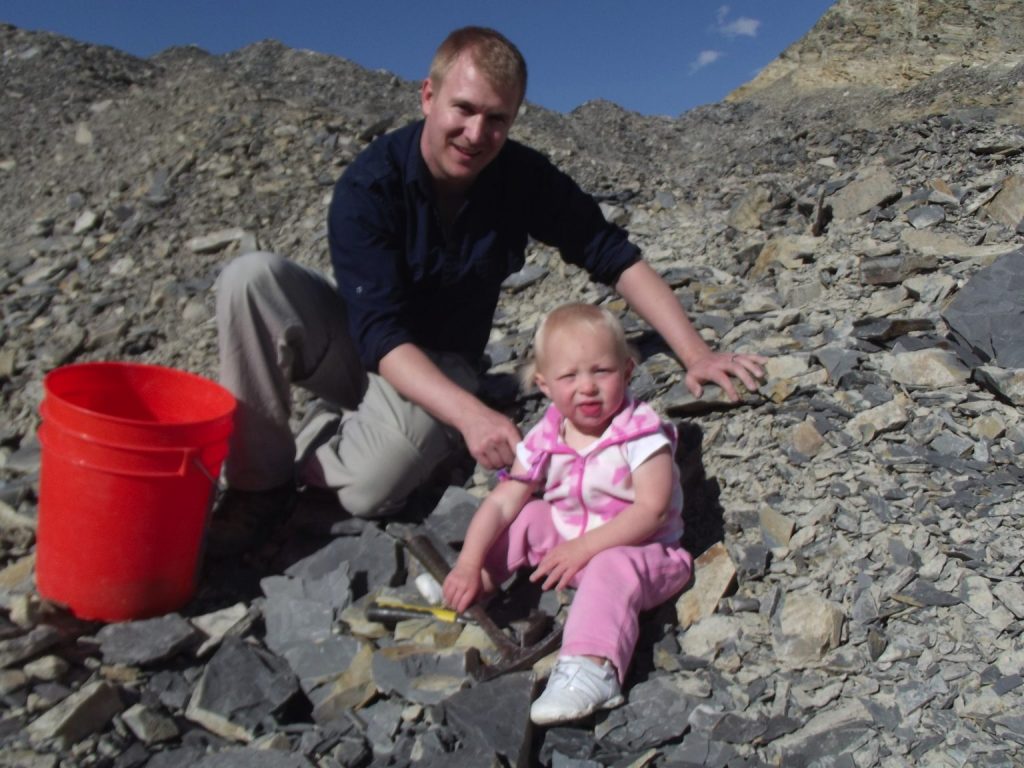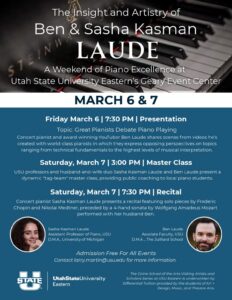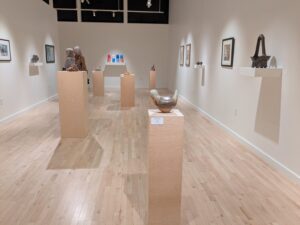Patricia Churchland

This archived article was written by: Nathaniel Woodward
Dear Bridgette,
A defining characteristic of being human is the illness and frailty that will eventually overcome each one of us. No matter how many years we get to experience, eventually we will have a last one. What could potentially be a tremendous tragedy is that we waste that time away being rutted in mediocrity; following someone else’s plan for us. It can be argued that our imagination and capacity for innovation is what makes life worth living. Without it, you may never realize your full potential.
At the Salk Institute in San Diego, Calif., you will find an abundance of the greatest minds of our time, both past and present. Named after Jonas Salk, the inventor of the vaccine for polio, its staff once also consisted of Francis Crick, co-discoverer of the DNA double-helix. Both of these giants of science tutored one of the most imaginative humans alive today, Patricia Churchland. She, who has delicately and intricately woven together two fields of study of such importance that she just may have advanced our species decades with her work. Those fields, neuroscience and philosophy.
Raised by two uneducated parents in a northern farming town, their lack of formal education never stopped them from giving Churchland a love and respect for science. This respect followed her as she travelled around the world, perhaps appearing as a degree collector.
In her work, “Touching a Nerve,” Churchland does exactly that; touches a nerve. She makes the audacious claim that we have the ability not only to shape our destinies, but the potential to make them incredible. Stepping away from traditional “lab coat” science, she ventures into the realms of imagination to suggest a reality where each one of us is capable of incredible and deep thought, seeking to change the process of thinking rather than run experiments to prove a theorem.
Admittedly, I disagree with parts of her philosophy; however, that may prove her point on the importance of original thought. Whether secular or religious, you can find hope and joy in the beauty of the universe you live in, appreciating the efforts and brilliance of others you may come into conflict with. Keeping an open mind to the ideas and novel thoughts of those you disagree with makes you an indispensable asset to discovery.
The greatest contribution anyone could make to society is anything that improves the lives of others. Charlie Chaplin spoke these words in one of the most moving scenes in cinema history in “The Great Dictator,” and for lack of my own musings I will end with his speech, “We all want to help one another. Human beings are like that. We want to live by each other’s happiness – not by each other’s misery….You are not machines. You are not cattle. You are men. You have the love of humanity in your hearts! You don’t hate. Only the unloved hate – the unloved and the unnatural. Soldiers. Don’t fight for slavery. Fight for liberty. In the 17th Chapter of St Luke it is written: ‘the Kingdom of God is within man’ – not one man nor a group of men, but in all men. In you. You, the people have the power – the power to create machines. The power to create happiness. You, the people, have the power to make this life free and beautiful, to make this life a wonderful adventure.” Never shut yourself off from the ideas of others. Embrace change, or more importantly affect change. Be the one who changes things. Have the courage to create, to be the innovator. ~Dad
-Dad




